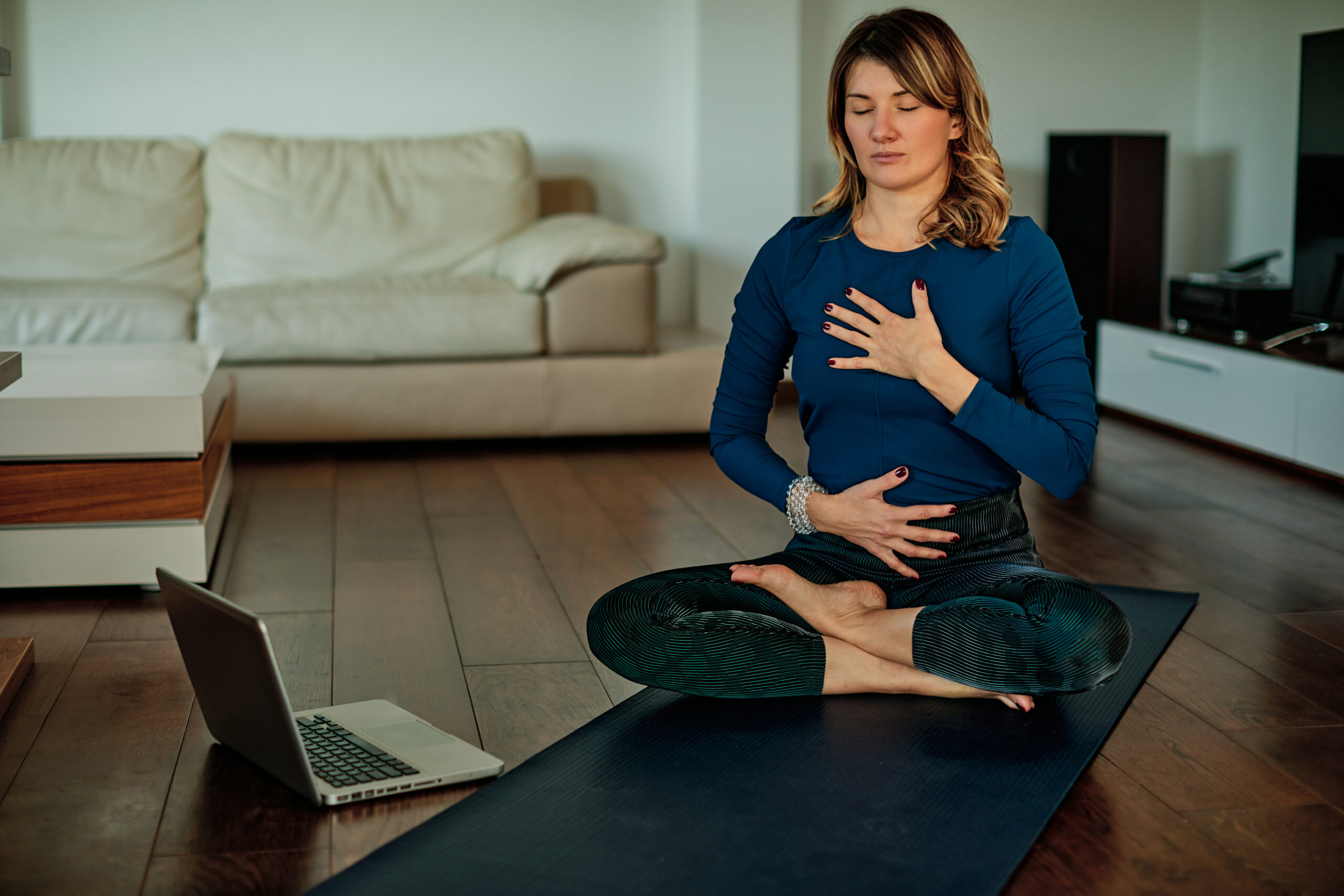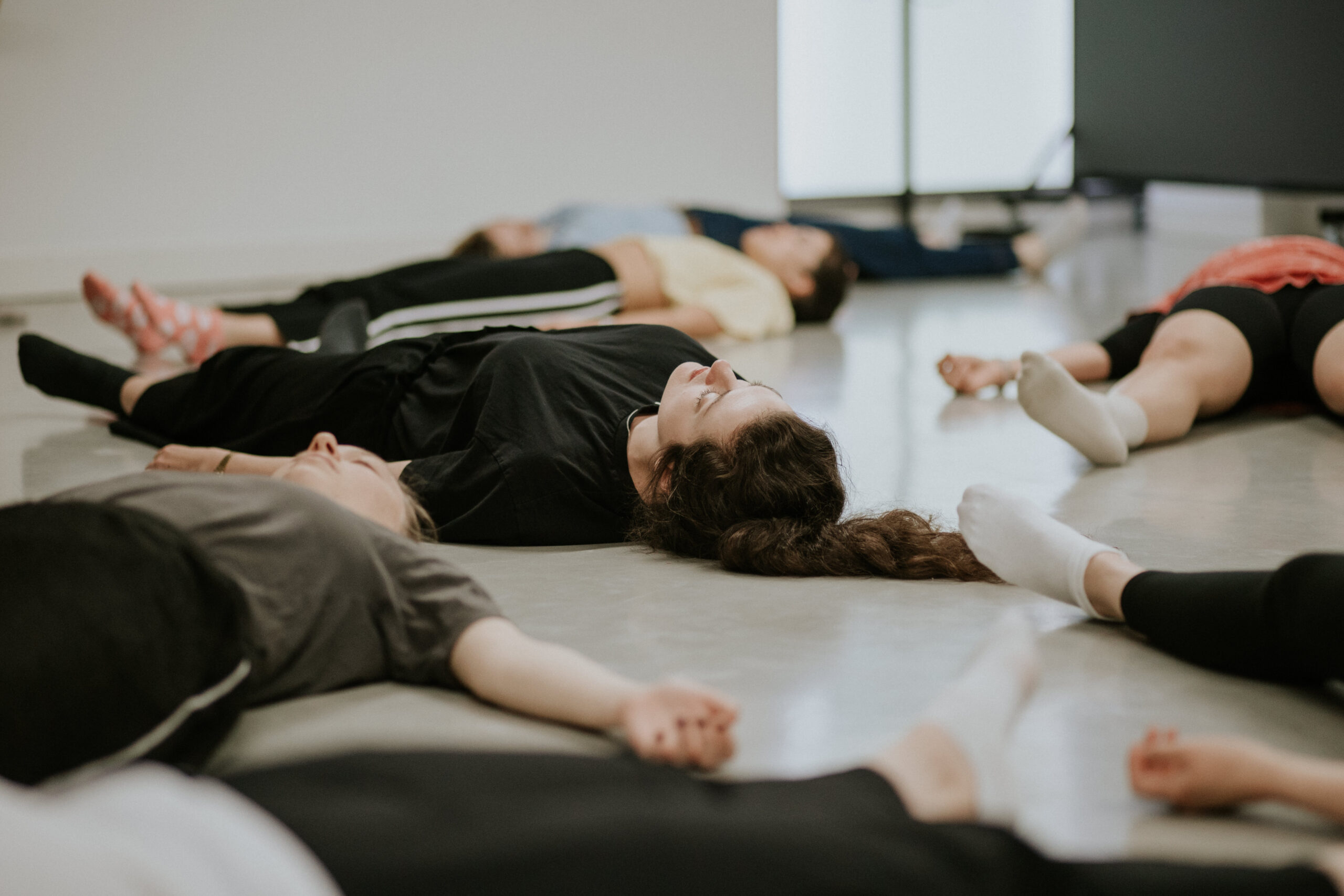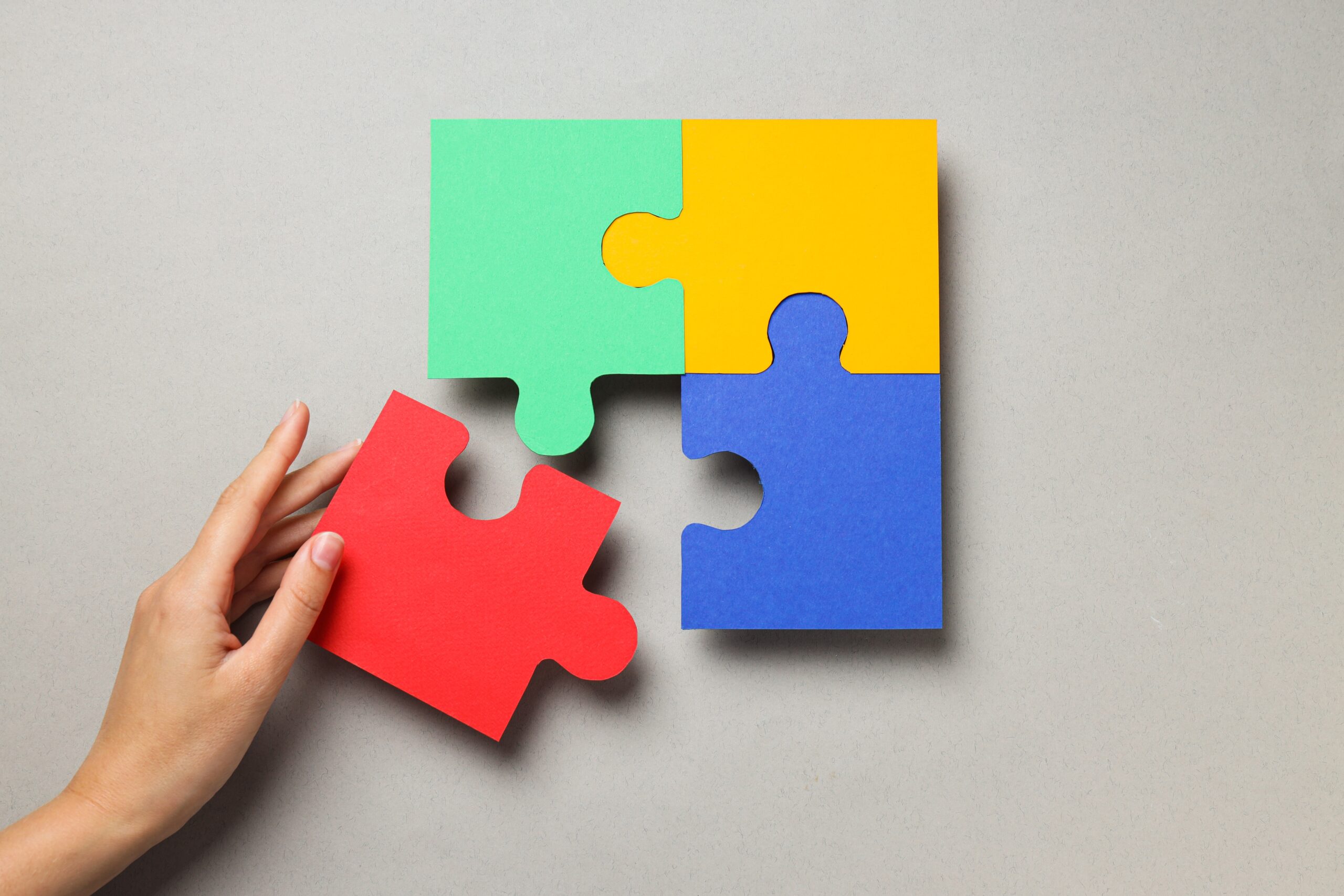The importance of breath work for performers and breath practice techniques to help you connect with your voice and calm audition nerves.
The simple act of breathing is something you’ll be doing right now. By focusing on your breath, you bring yourself to the here and now. It facilitates a relaxed, present focus, and gently, yet powerfully, counteracts anxiety by saying; ‘In this moment, I am alive, I am present, and I am breathing.’
The relationship I have with my own breath was radically changed following a series of intensive lung operations in 2016. The initial interest I had in voice (that I discovered during the early stages of my training) quickly became the foundation for a long and challenging recovery. One of the starkest realisations for me during this period was how powerful the simple act of taking a full, deep and expansive breath is.
When suddenly every breath is accompanied by searing pain, the need to invest in relaxed voice and breath work becomes paramount. By following a practice of gentle routine and discipline, I not only started to see a gradual improvement in my physical health but also in my mental and emotional wellbeing.
Why the breath is important in acting
The act of breathing is one of the most instinctive and beautiful physical actions most of us do without thought. For actors, it’s even more than that. It allows us to breathe life into characters, belt out the most demanding of songs and be in the moment of creation as we think, feel and speak new ideas into the space. Learning to connect with our breath allows the range, volume and pitch of our voice to be free from tension. It can also help us keep audition and performance nerves in check. In short, it’s one of the most important and fundamental tools of the actor’s toolkit.
The process of practising regular vocal exercises can shift your body’s relationship with the voice and breath from a passive, functional process to a sequence of dynamic, creative and instinctive actions.
The energy levels needed to sustain the demands of performative jobs can be extreme; the constant inconsistency with employment, demanding tour schedules, exhausting musical theatre tracks, scenes that demand a high level of emotional intensity… the list goes on. Being able to sustain ourselves, our voices and our ability to communicate as creatives whilst meeting these demands can be extremely challenging. Wonderfully, one of the greatest tools to help us is right at our fingertips and it’s breath practice.
Introducing breath practice into your routine
Voice and breath work takes time, discipline and practice to allow yourself to relax into the body and let the breath drop into your centre, which is a term used to describe the process of accessing your full breath capacity in order to support a free, relaxed and powerful voice.
A quick way to engage with this practice is to simply:
- Place a hand just below your belly button.
- Allow the breath to move the hand in and out as you breathe.
Another way of introducing regular breath practice into your routine is to:
- Set a timer on your phone for 10 minutes.
- Sit or lie down comfortably.
- Allow your attention to come to the breath.
For me, this small investment of time at the beginning or end of the day has helped my sleep and energy levels. It’s an easy, calming exercise that I like to practice daily.
Engaging the full potential of your voice
Introducing regular breath work into your daily routine and pre-show warm-ups can not only have a profound impact on your daily life, but it can also train the body to access the full capacity of the lungs when performing. This can help performers sustain heightened states of emotion, free from tension and to be truthfully responsive in the moment with another actor in a scene.
Practising breath discipline can enable actors to:
- Sustain heightened emotions safely.
- Engage with a greater range of vocal dynamism.
- Access a more powerful, truthful, connected voice.
This freedom allows a greater range of choices for you to access in the moment. It also engages the listener and keeps them connected with your performance.
The more relaxed and connected you are to your breath and voice, the less likely you are to incur long-lasting vocal damage. As a performer, it is incredibly beneficial for you to develop a gentle, deep and relaxed connection to your breath through regular practice.
Controlling audition nerves with breath exercises
A practical exercise I find very useful in places like the audition waiting room to counteract the effects of nerves, stress and anxiety on the voice is something called ‘Dragon’s Breath’. It can be done quietly and effectively by following these steps:
- Get into a relaxed position (you can be lying down, seated or standing).
- Allow your attention to come to the breath.
- On your next outward breath, allow the lungs to empty fully.
- Take small sipping-in breaths, one after the other without exhaling to inflate your lungs so they feel completely full.
- Slowly and gently exhale in one long breath until you have emptied your lungs of air.
- Repeat 3-4 times (or as many times as you wish).
This can help connect your breath to a deeper place, relaxing your body and easing your mind in stressful moments.
Exploring more about breath
The work of practitioners such as Patsy Rodenburg, Cicely Berry, James Nestor and Wim Hof is great for simple, effective and satisfying practical methods to work further with your breath and voice. They also go deeper into the connection and effects of breath and voice work than I do here.
If you choose to explore expanding your relationship with the breath, don’t force it. There is no end-game and no right answer. Allow yourself to work from relaxation, noticing areas of tension or resistance with curiosity and acceptance. Enjoy the feeling of expansion and retraction as you practice your breathing. There is great power to be found in relaxation. Happy Breathing!
 Reece Richardson is an Actor who has most recently appeared in 1984, The Odyssey, The Tempest, Othello, Up ‘n’ Under and The Claykickers Chorus amongst others. He is currently appearing in Peaky Blinders: The Rise and is also responsible for the performers on stage vocal care. Alongside acting, he runs voice workshops and one-to-one tuition in the UK, as well as in the US and Europe. He is also a guest lecturer in Breath and Practical Voice at the Royal Central School of Speech and Drama.
Reece Richardson is an Actor who has most recently appeared in 1984, The Odyssey, The Tempest, Othello, Up ‘n’ Under and The Claykickers Chorus amongst others. He is currently appearing in Peaky Blinders: The Rise and is also responsible for the performers on stage vocal care. Alongside acting, he runs voice workshops and one-to-one tuition in the UK, as well as in the US and Europe. He is also a guest lecturer in Breath and Practical Voice at the Royal Central School of Speech and Drama.
Photo credit: millann / iStock



















